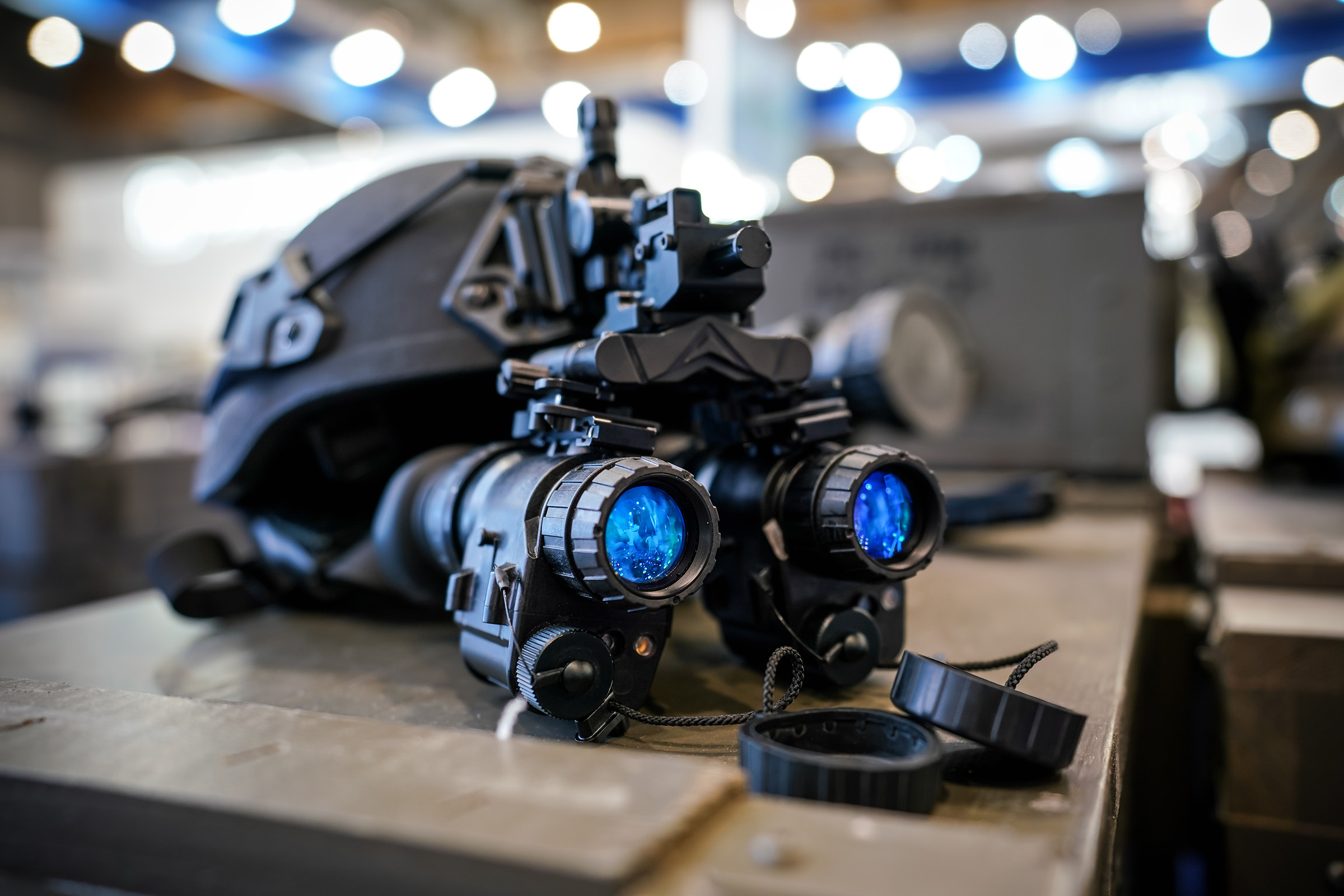Researchers in China have developed a pair of contact lenses that can help people see infrared light, potentially giving wearers functional night vision. The lenses were tested on both mice and humans, and the results suggest this technology could one day replace bulky night vision gear with something much more discreet.
Humans typically see light in a narrow band of the electromagnetic spectrum, between 400 and 700 nanometers. Infrared light falls outside that range, which is why it usually requires special equipment to detect.
In this case, scientists embedded nanoparticles into soft contact lenses made from materials already used in commercial products. These particles convert infrared light into visible light that the eye can perceive, making the contact lenses able to detect infrared light and convert it for your eyes.
The lenses were first tested on mice. The findings show that when given a choice between a dark area and one lit with infrared light, mice wearing the lenses showed a clear preference for the dark side, indicating they could detect the invisible light. Their pupils also reacted to the infrared light, and brain scans confirmed activity in the visual cortex.

Human subjects were able to detect signals and identify the direction of infrared light while wearing the infrared contact lenses. Interestingly, they performed better when their eyes were closed, since infrared light can pass through the eyelid more easily than visible light.
Of course, there are some limitations. The lenses rely on strong infrared sources, such as LEDs, and because they sit so close to the eye, they can’t produce sharp images. To address this, the research team also created a pair of glasses using the same nanoparticle material to allow for better image resolution.
Despite the current constraints, the development marks a significant step forward. Sure, these contact lenses aren’t bionic eyes, but they offer an intriguing development nonetheless. The researchers believe infrared contact lenses could have practical uses in rescue operations, security, and even helping people with visual impairments.
Work is already underway to improve sensitivity and image clarity, moving this concept closer to everyday use. Perhaps we’ll one day see this tech available for everyday use, including in futuristic smart glasses.








